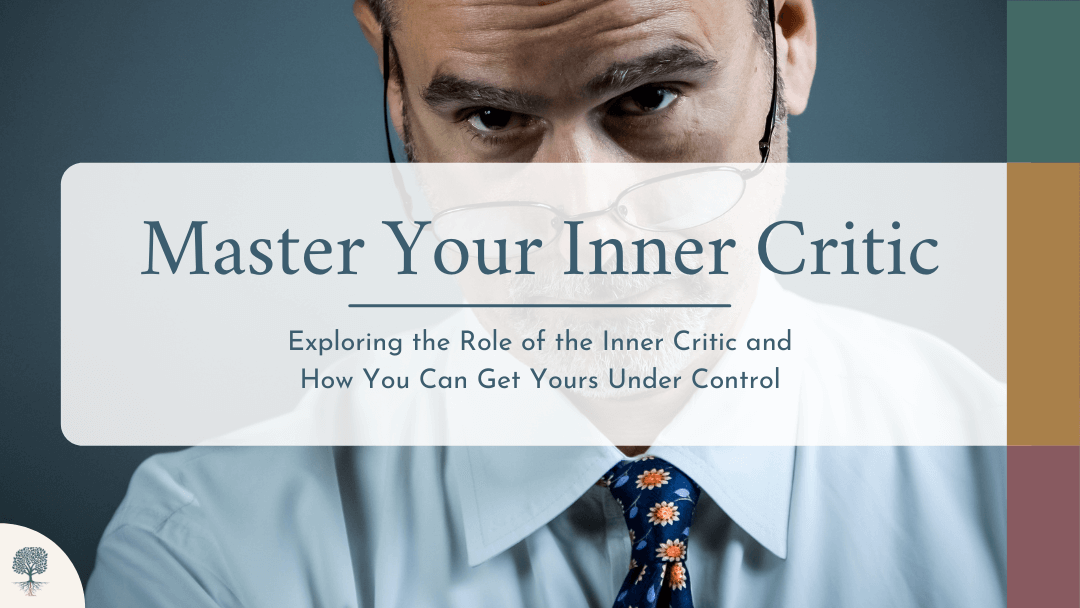Why do the best performing employees think they underperform and the worst performing employees think they over perform? This is a phenomenon industrial organizational psychologists will often point out when they consult your organization, but why does it occur?
The answer lies in where people believe the “locus of control” over their own lives lie. Ineffective people often believe that the cause of their fate is external, while effective people understand how their own actions contribute to their own success or failure. While a highly internal locus of control may make you effective in certain areas of management, it can also make you less adaptable to problems that can’t be solved by changing your own behavior.
While an extremely internal locus of control can make a manager effective, it can also make them blind to how systems are deficient in their office or to how other people are affecting their organization. We need to have a flexible locus of control so that we can take responsibility for our own behavior, but not enable the others around us.
Our “inner critic” is the voice in our head that analyzes our life, telling us where we need improvement. It tells us that we everyone at the party thought we were stupid even though they laughed at our joke. It tells us that we would be happy if only we would achieve “this” or “that”. People over identified with their own inner critic often have imposter syndrome. They often learn all areas of their field obsessively so that someone will be able to see that they don’t belong or dont know what they are doing. This creates talented employees because these persons compensate for their own feelings of inadequacy by ceaseless working and learning. They attempt to fill all gaps in their knowledge less they are called on something they don’t know.
Effective executives and high achievers will often be extremely over identified with their own inner critic. They blame others for nothing and are willing to do all the hard parts of business themselves. While this mindset often leads to promotion early in early to mid career, it can blind high level executives to the weakness in the systems they oversee. It can also lead to burn out and exhaustion.
Put simply, the same voice that helps us develop talent can destroy that same talent if we don’t learn to manage it. Executives often come into therapy mid career. Early in their career they felt that they would feel like enough if they became wealthy or became powerful. After having become both of these things they walk into a therapist’s office confused about why they are still miserable. There is nothing outside of ourselves we can accomplish to silence the inner critic. It requires work on the inside of our heads to learn to manage and tame.
The inner critic is usually the voice of a critical or abusive caregiver that we internalize during development. It can sometimes be the voice of a critical or indifferent society. It is no wonder that so many great self made men and come from poverty when we take this into account. We often feel like over identification with the inner critic is the “responsible” or the “adult” thing to listen too. However like everything else in our head it is just a tool. We need it sometimes and not others. We are only continuing the cycle of abuse from childhood if we let it become a tyrant that robs our life of happiness and fullness.
After all, the feeling that the inner critic protects us from is fear. Fear that we will not be good enough or will not measure up. If we give in to it at every turn then we will lead a life ruled by fear. The voices in our head are supposed to be a democracy but they each want to be a dictator. Truly effective and talented individuals have learned this lesson. The observation that talented and great men often appear to be different people in different situations is made because these men understand this process. To fully utilize your talents you must learn each aspect of yourself and know how and when to use the parts of “you”. Decision making must become a choice and not a reaction to unknown forces. Master yourself and you will master your talents, or at the very least you can become your own best critic.
Bibliography
- Rotter, J. B. (1966). Generalized expectancies for internal versus external control of reinforcement. Psychological Monographs: General and Applied, 80(1), 1-28.
- This seminal work introduces the concept of locus of control and discusses its implications on behavior and achievement.
- Clance, P. R., & Imes, S. A. (1978). The imposter phenomenon in high achieving women: Dynamics and therapeutic intervention. Psychotherapy: Theory, Research & Practice, 15(3), 241-247.
- Provides insights into imposter syndrome, particularly in high-achieving individuals, and discusses therapeutic approaches to mitigate its effects.
- Hollis, J. (1999). The Eden Project: In Search of the Magical Other. Inner City Books.
- Explores the psychological concepts of individuation, inner critic, and personal growth within the framework of Jungian psychology.
- Burns, D. D. (1980). Feeling Good: The New Mood Therapy. William Morrow & Co.
- Discusses cognitive distortions and techniques for managing the inner critic through cognitive-behavioral therapy.
- Miller, W. R., & Rollnick, S. (2012). Motivational Interviewing: Helping People Change (3rd ed.). Guilford Press.
- Provides strategies for enhancing intrinsic motivation and promoting behavior change, relevant for managing locus of control in therapeutic settings.
Further Reading
- Bandura, A. (1997). Self-efficacy: The Exercise of Control. W.H. Freeman and Company.
- Explores self-efficacy beliefs and their impact on motivation, behavior, and personal accomplishment.
- Dweck, C. S. (2006). Mindset: The New Psychology of Success. Ballantine Books.
- Discusses the concept of fixed versus growth mindsets and how they influence achievement, resilience, and learning.
- Neff, K. D. (2011). Self-Compassion: Stop Beating Yourself Up and Leave Insecurity Behind. HarperCollins.
- Explores self-compassion as a counterbalance to the inner critic and provides practical strategies for developing a kinder relationship with oneself.
- Siegel, D. J. (2012). The Developing Mind: How Relationships and the Brain Interact to Shape Who We Are (2nd ed.). Guilford Press.
- Discusses the neuroscience of interpersonal relationships and their impact on mental health, relevant for understanding external influences on locus of control.
- Covey, S. R. (1989). The 7 Habits of Highly Effective People: Powerful Lessons in Personal Change. Free Press.
- Offers principles and practices for personal effectiveness, including proactive behavior and internal locus of control.






0 Comments